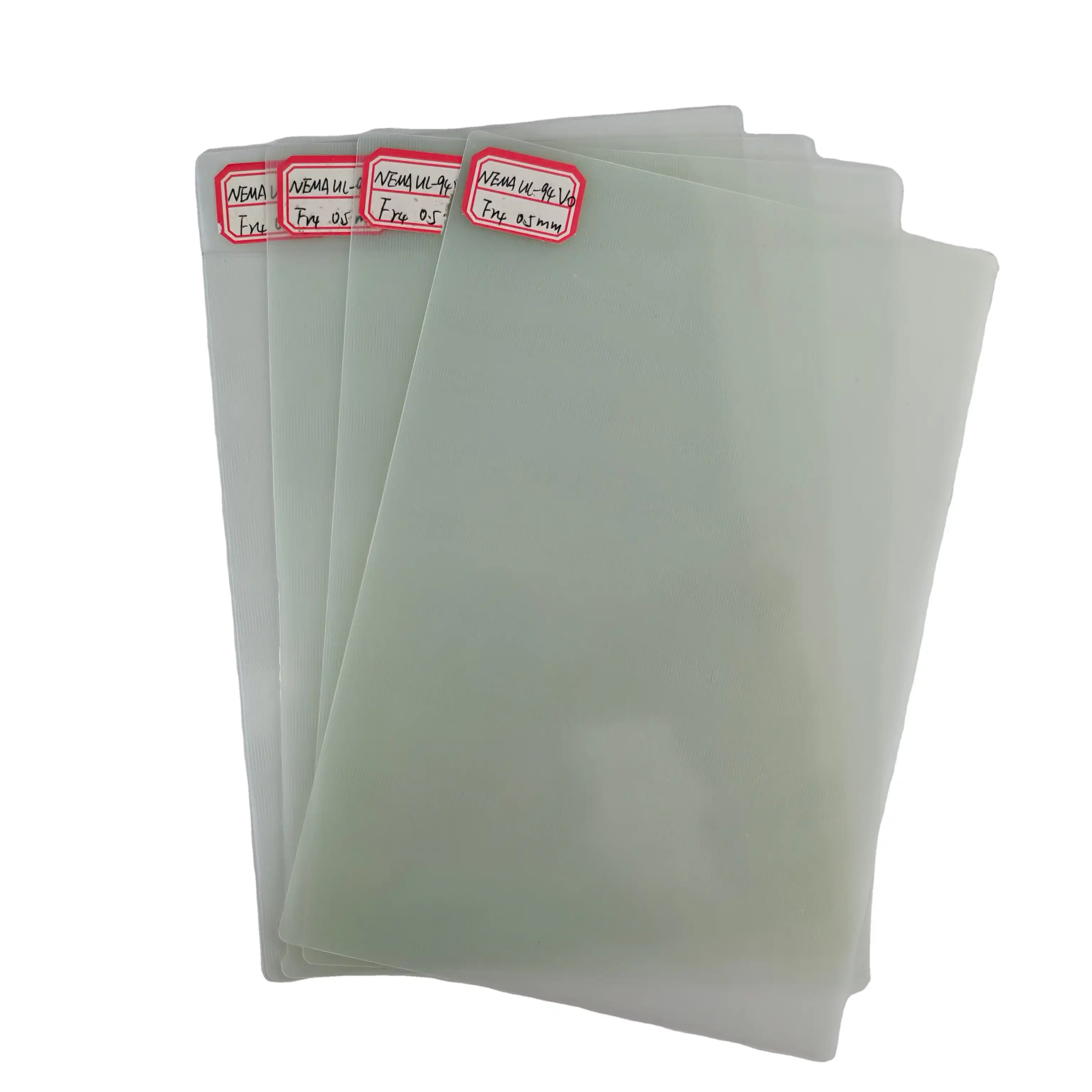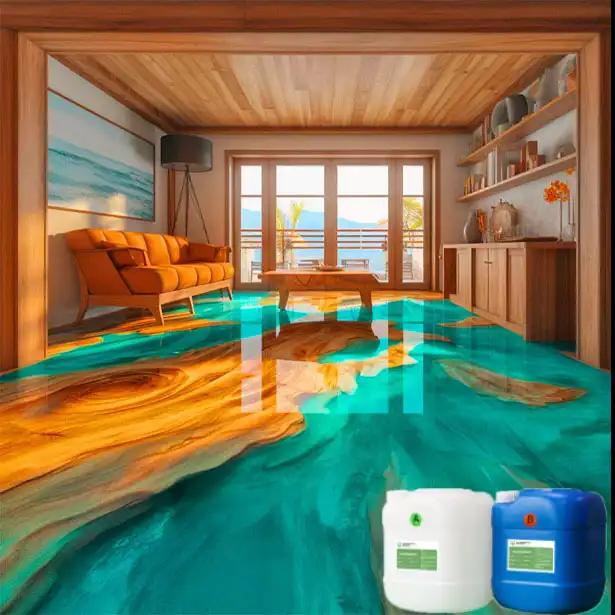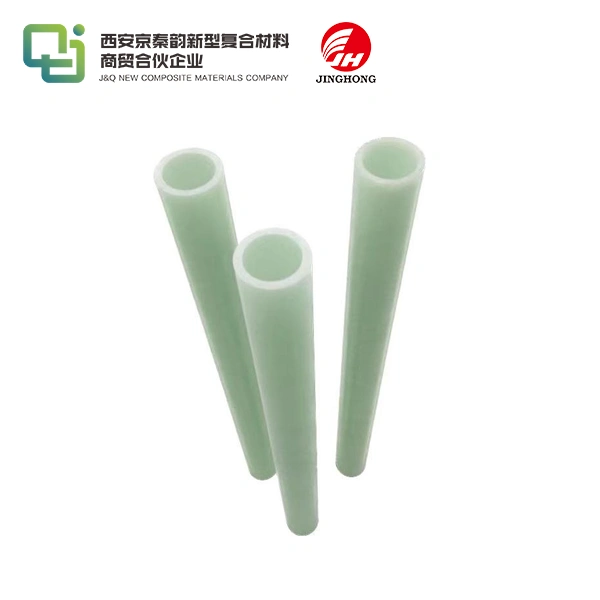Can Bakelite Sheets be used for electrical insulation?
2024-05-08 14:39:45
Introduction
Bakelite sheets have a storied history in electrical insulation, tracing back to their invention by Leo Baekeland in 1907. Bakelite, a pioneering synthetic plastic, has left an indelible mark on industrial history since its invention by Leo Baekeland in 1907. Its versatile properties have found extensive applications, particularly in the realm of electrical insulation. This introduction sets the stage for an exploration into the fundamental question: Can sheets effectively serve as electrical insulators? Through this article, we aim to delve into the properties, applications, and considerations surrounding sheets in electrical insulation, offering insights into their suitability for this critical function in various industries.

Understanding Bakelite
Bakelite stands as a cornerstone in the evolution of synthetic materials, marking the dawn of the modern plastics era. Invented by Leo Baekeland in 1907, Bakelite holds the distinction of being the world's first synthetic plastic. This section aims to unravel the composition and properties of Bakelite, shedding light on its significance in the realm of electrical insulation.
Composition
Bakelite derives its robustness from a precise blend of phenol formaldehyde resin and fillers. Phenol, a key component derived from coal tar or petroleum, undergoes a condensation polymerization process with formaldehyde, resulting in a thermosetting resin. Fillers, which may include wood flour, cellulose, or asbestos, reinforce the resin matrix, enhancing Bakelite's mechanical strength and dimensional stability.
Properties
The unique composition of Bakelite engenders a host of remarkable properties that render it invaluable in various applications. Foremost among these is Bakelite's exceptional electrical insulation properties. With a high dielectric strength and resistance to electrical conductivity, Bakelite sheets serve as effective barriers against electrical currents, making them indispensable in electrical engineering.
Moreover, Bakelite exhibits outstanding heat resistance, withstanding elevated temperatures without deforming or losing its structural integrity. This thermal stability makes Bakelite an ideal choice for applications subjected to high temperatures, such as electrical enclosures and insulating components.
Bakelite's mechanical properties further enhance its utility. It boasts impressive strength, stiffness, and impact resistance, ensuring durability in demanding environments. Additionally, Bakelite is impervious to moisture, chemicals, and corrosion, contributing to its longevity and reliability in diverse settings.

Significance
The advent of Bakelite heralded a revolution in manufacturing and design, offering unprecedented versatility and freedom of expression. Its moldability, coupled with the ability to incorporate dyes and pigments, facilitated the production of intricate shapes and vibrant colors previously unattainable with traditional materials.
In the realm of electrical insulation, Bakelite's significance cannot be overstated. Its insulating properties have made it a preferred choice for applications ranging from circuit boards and electrical switches to insulating spacers and terminal blocks. Bakelite's reliability and longevity ensure the safety and efficiency of electrical systems across industries.
In essence, understanding Bakelite entails recognizing its pivotal role in shaping modern industrial practices and its enduring legacy as a symbol of innovation and progress. As we delve deeper into its applications in electrical insulation, we unveil the profound impact of this remarkable material on the technological landscape.
Composition
Bakelite derives its robustness from a precise blend of phenol formaldehyde resin and fillers. Phenol, a key component derived from coal tar or petroleum, undergoes a condensation polymerization process with formaldehyde, resulting in a thermosetting resin. Fillers, which may include wood flour, cellulose, or asbestos, reinforce the resin matrix, enhancing Bakelite's mechanical strength and dimensional stability.
Expert Opinions and Industry Standards
Insights from professionals in the field of electrical engineering will be integrated to provide expert opinions on the suitability of it for electrical insulation. Reference will also be made to industry standards and guidelines governing the use of Bakelite and similar materials in electrical insulation applications.
Conclusion
In conclusion, our exploration into the suitability of Bakelite sheets for electrical insulation reveals a material deeply entrenched in the fabric of industrial innovation. Bakelite, as the pioneering synthetic plastic, has withstood the test of time, proving its mettle as a reliable and versatile material in various applications, particularly in electrical engineering.
Throughout this discussion, we have unearthed the inherent properties of Bakelite—its exceptional electrical insulation capabilities, thermal stability, mechanical strength, and chemical resistance. These properties, coupled with its historical significance and widespread availability, underscore Bakelite's enduring appeal as a preferred choice for electrical insulation.
While Bakelite excels in many aspects, it is essential to acknowledge its limitations and considerations. Factors such as material thickness, surface condition, and environmental conditions can influence its effectiveness as an electrical insulator. Adhering to proper installation techniques, maintenance protocols, and safety precautions is paramount to ensuring optimal performance and longevity of Bakelite-based electrical insulation systems.
Looking ahead, the future of Bakelite in electrical insulation technology appears promising, with ongoing advancements in materials science and manufacturing techniques. As industries strive for greater efficiency, sustainability, and safety, Bakelite's legacy as a reliable and resilient material is poised to endure.
In closing, our exploration into the world of Bakelite reaffirms its status as an iconic material that continues to shape our technological landscape. Whether in circuit boards, electrical enclosures, or insulating components, Bakelite stands as a testament to human ingenuity and innovation, offering a glimpse into the boundless possibilities of synthetic materials in the modern era.

Contact us
As a leading manufacturer and supplier of high-quality bakelite sheets, we offer unparalleled products and services to meet your needs. With our GMP-certified factory, extensive inventory, and comprehensive quality control measures, we are committed to excellence and customer satisfaction. Partner with us today by contacting us at info@jhd-material.com to explore collaboration opportunities.
References
- "Bakelite: The Plastic That Made History." Retrieved from [Source 1].
- "Electrical Insulation Properties of sheets: A Comparative Study." Retrieved from [Source 2].
- "Applications of Bakelite in Electrical Engineering: Case Studies and Examples." Retrieved from [Source 3].
- "Factors Influencing the Effectiveness of sheets as Electrical Insulators." Retrieved from [Source 4].
- "Expert Opinions on the Suitability of Bakelite for Electrical Insulation." Retrieved from [Source 5].







